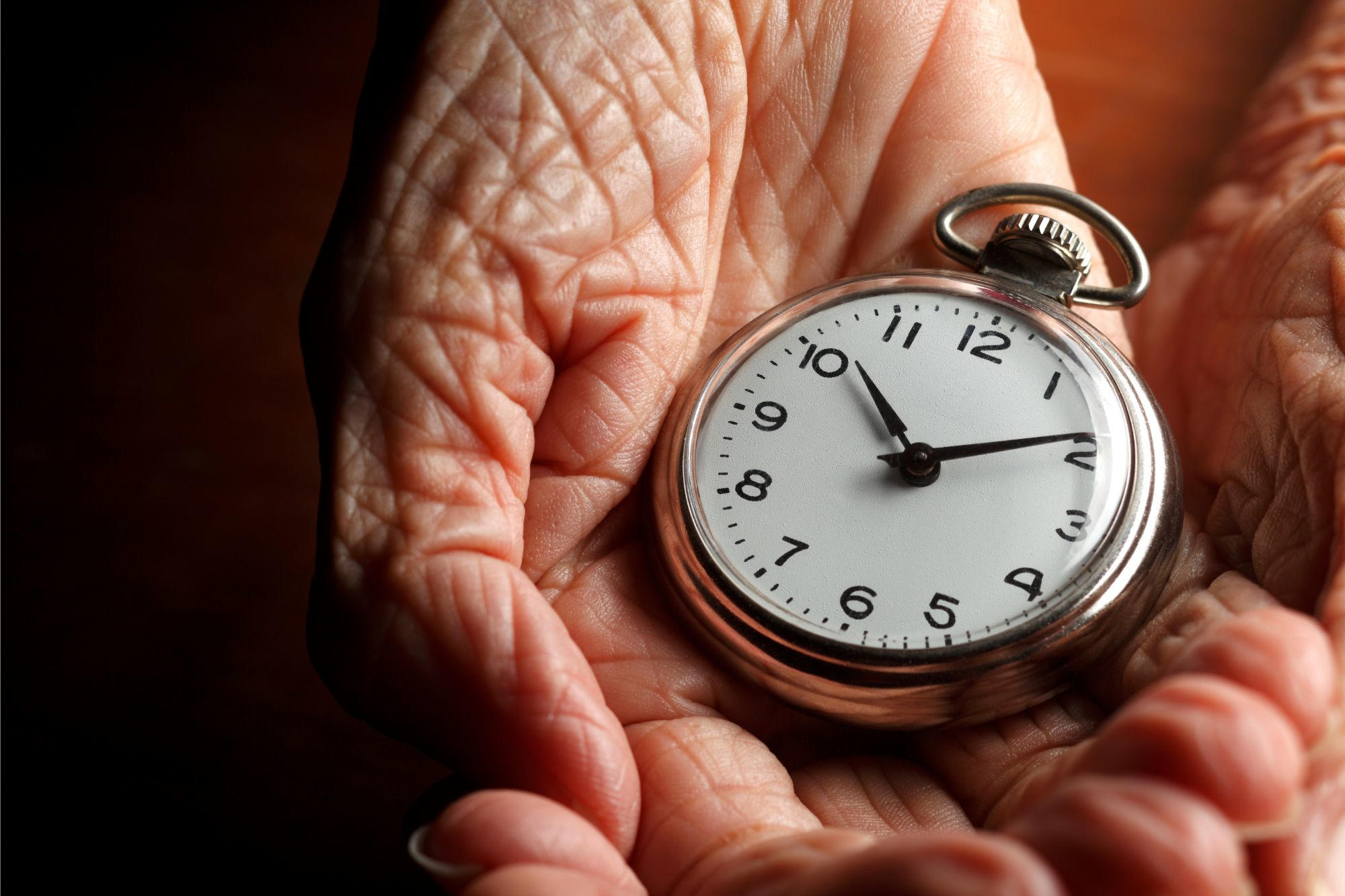Men currently age faster than women, but the gap is shrinking.
Men are biologically older than women, according to research from the University of Jyväskylä in Finland. Men smoke more often and have larger bodies, which helps to partially explain the observed sex difference.
Although life expectancy in the Western world increased quickly in the 20th century, women still have a higher life expectancy than males. In Finland, women typically live five more years than men do. The gender gap was largest in the 1970s when women’s life expectancy at birth was over ten years greater than men’s. However, this disparity has been rapidly closing in recent years. According to a newly released study, the difference between the sexes can also be observed in biological aging.
The research looked at possible biological differences in aging between men and women, as well as if lifestyle-related factors may account for any potential differences. These distinctions were explored in both young and old adults.
Several epigenetic clocks were utilized as biological aging measures. Epigenetic clocks allow for the study of lifespan-related variables while the subject is still alive. They estimate biological age in years based on DNA methylation levels measured in a blood sample.
“We found that men are biologically older than women of the same chronological age, and the difference is considerably larger in older participants,” says Anna Kankaanpää, a doctoral researcher at the Gerontology Research Center and the Faculty of Sport and Health Sciences.
More frequent smoking among men explained the sex gap in aging in older but not in young adult twins. In addition, men’s larger body size explained a small part of the sex gap in both age groups.
“We observed a sex difference in aging pace, which was not explained by lifestyle-related factors,” says Kankaanpää.
“In our study, we also used a quite rare study design and compared the aging pace among opposite-sex twin pairs. A similar difference was also observed among these pairs of twins. The male sibling was about one year biologically older than his female co-twin. These pairs have grown in the same environment and share half of their genes. The difference may be explained, for example, by sex differences in genetic factors and the beneficial effects of the female sex hormone estrogen on health,” Kankaanpää continues.
The results help to understand lifestyle behaviors and sex differences related to biological aging and life expectancy. The results suggest that the decline in smoking among men partly explains why the sex gap in life expectancy has narrowed in recent decades.
- tipo, Karlston and aum
-

 3
3




Recommended Comments
Join the conversation
You can post now and register later. If you have an account, sign in now to post with your account.
Note: Your post will require moderator approval before it will be visible.